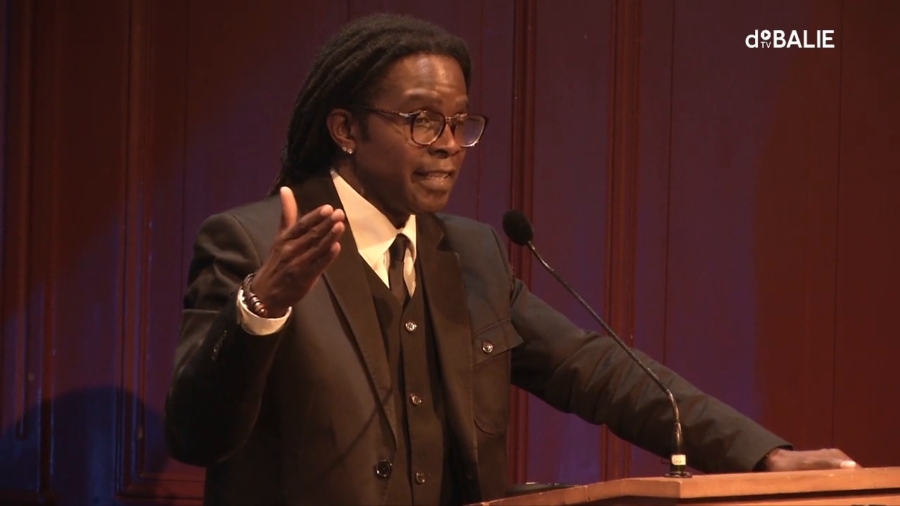When you look at this film you will recognize that it’s part of a tradition that says we have to think the planet, and we have to stop thinking the Earth. Thinking the Earth is actually thinking the world in terms of distinct civilizations, in terms of continents, in terms of ownership. Who owns culture, who owns land, and how they exploit land and culture and so forth.
Archive
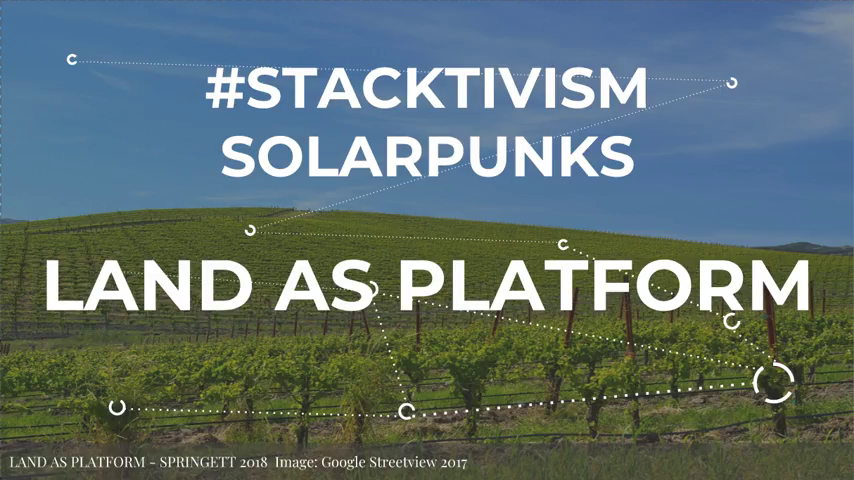
When we think about short-term thinking, how short-term is short-term? Because if you plant a tree, like an oak tree, it takes 100 to 120 years for an oak tree to be fully grown. So anything between the point in which you plant the tree to when the tree is fully grown is short-term thinking, when we speak about land.
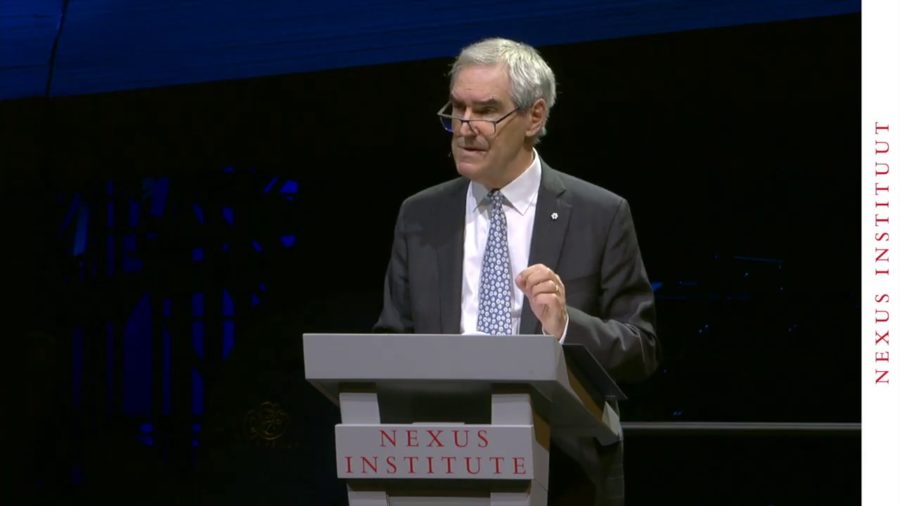
This emerging narrative of catastrophe is putting enormous pressure on all our political beliefs. Now there’s still some conservative parties, some US Republicans for example, who deny the basic facts, but we can be pretty sure I think that any politics that denies the facts doesn’t have much of a future.
I don’t think ecological awareness is a sort of “happy happy joy joy, we are all earthlings” thing. I think it’s actually a kind of uncanny realization. On the one hand there’s no away, on the other hand what the hell is this? “This is not my beautiful waste. This is not my beautiful toilet. This is not my beautiful Pacific Ocean.” You know, all of a sudden these things become somehow not exactly what we thought they were.
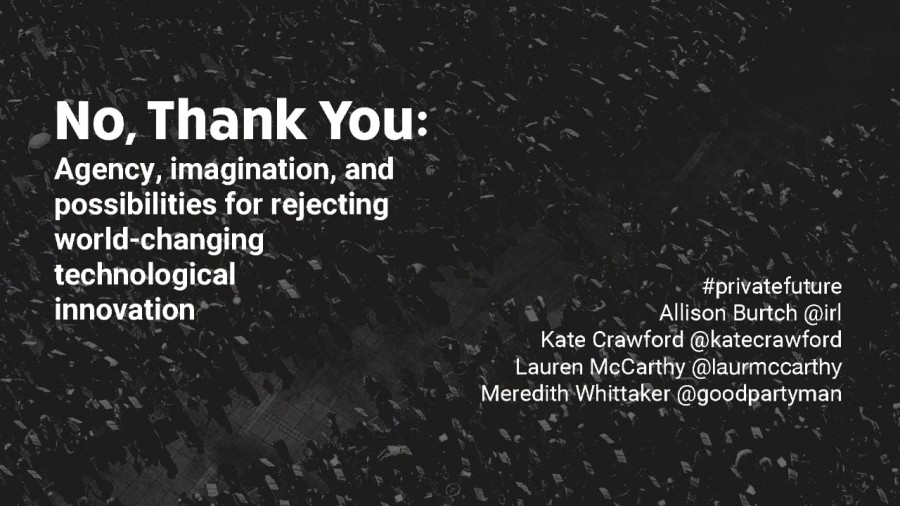
We’re trying to say it’s on you, it’s your responsibility, figure this out, download this, understand end-to-end encryption, when it’s a shared problem and it’s a communal problem.
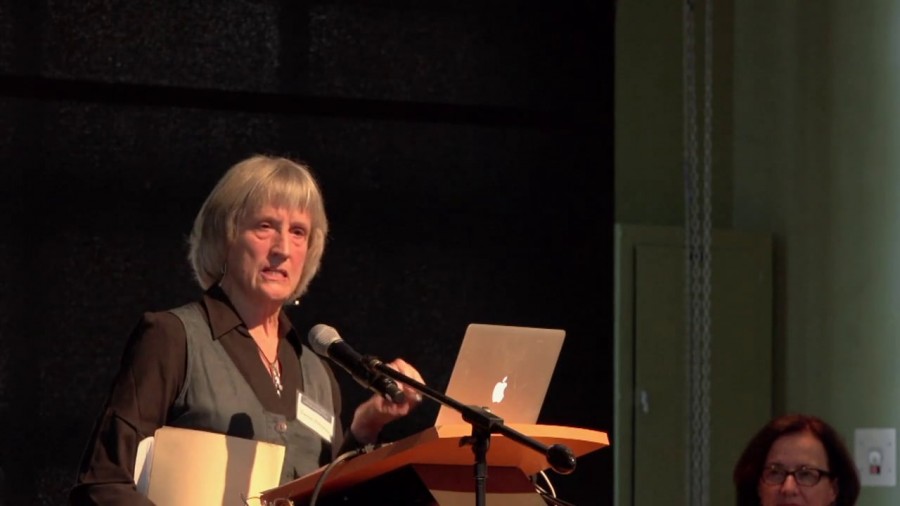
I’m going to propose to us that the Cthulucene might be a way to collect up the questions for naming the epoch, for naming what is happening in the airs, waters, and places, in the rocks, and oceans, and atmospheres. Perhaps needing both the Anthropocene and the Capitalocene, but perhaps offering something else, something just maybe more livable.

